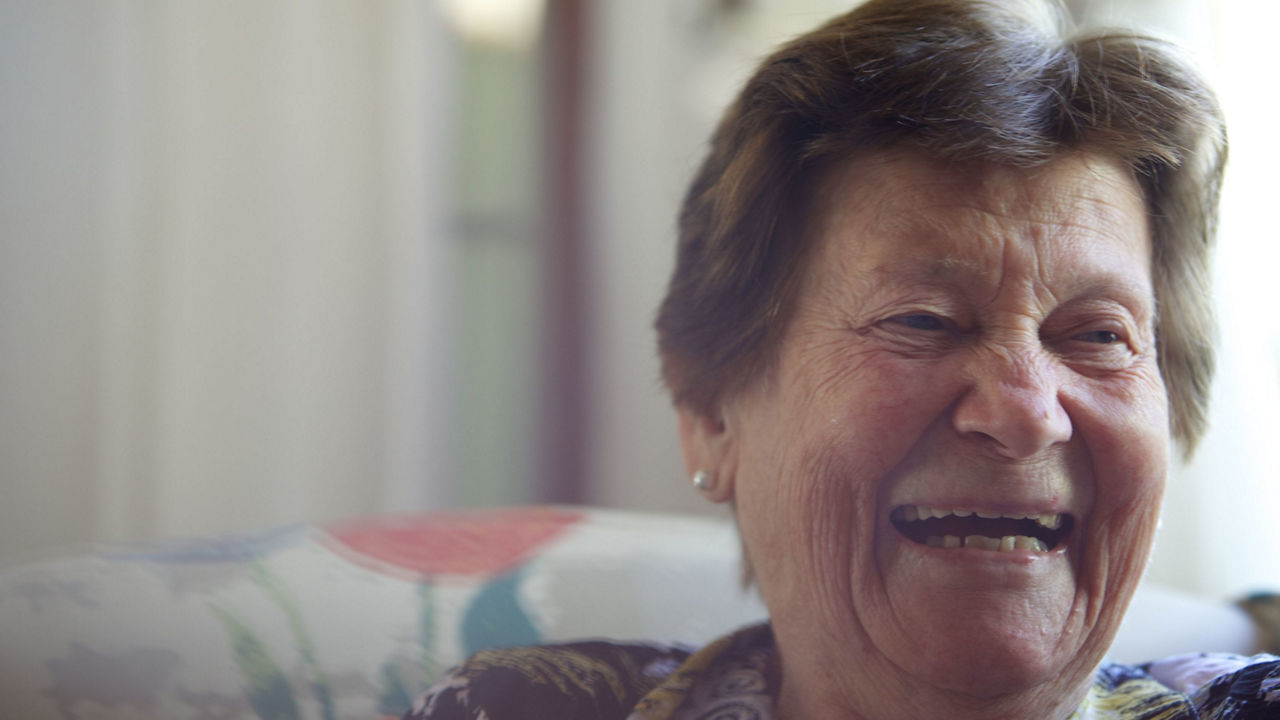Finding out you or a family member have been diagnosed with Alzheimer’s can leave you with many emotions. For some people it can be upsetting or may come as a shock. For others, receiving an ‘official’ medical diagnosis can simply confirm what has long been suspected.
Staying positive and connected to others can be very helpful at this time. Diagnosis often leads to the provision of help and can lead to more positive overall outcomes for you and the person you care for.
However you’re feeling, to help you through this difficult time it can be useful to learn more about the condition, the treatments and management options available and what questions to ask your healthcare professional.
It’s also important to share what you’ve learned and talk it through with loved ones. It is also often very useful to learn from others who have been through a similar situation, who you can contact through a local patient association.
How to get a diagnosis
| 1. GP | 2. Specialist | 3. Diagnosis |
|---|---|---|
Report memory complaints to a GP.
On the basis of an examination, some questions and a brief memory assessment, referral to a specialist may be made. | A specialist and their team may perform a thorough set of examinations.
This may include in depth memory testing and brain scans. | A specialist and their team may perform a thorough set of examinations.
This may include in depth memory testing and brain scans. |
This diagram shows the usual route to diagnosis for a patient in the early stages of Alzheimer’s Disease.
Typically a patient or sometimes their family members report memory problems to their GP. The GP will ask a series of questions and may conduct a short test of mental ability. This may sometimes be the Mini-Mental State Examination (MMSE) or the ‘Clock drawing test’. On the basis of this, the doctor will decide whether to refer a patient on to a specialist.
A specialist may take the case history and perform a neurological examination.
Neuropsychological testing may be carried out to investigate what areas of cognition are impaired and a brain scan, typically an MRI, may be performed to identify changes in the brain. These results will be collated and all treatable causes of dementia will be ruled out.
A diagnosis of Alzheimer's disease is made according to a set of standard criteria.
Getting the most from a consultation
Whether you are attending an appointment for yourself or for someone you are supporting, you may find the following tips useful:
- Write down any worrying symptoms on a piece of paper before you go
- Go with someone who will support you and who can write down any important points the professional makes
- Ask the doctor to write down any medical terms, particularly if English is not your first language
- Ask what you can expect to happen further on in the future – this can be very useful to help you make plans
- Request any information they have about contacting local support groups
- It can be difficult to remember everything you want to say during the consultation so write down any questions you have
- Ask any professional to explain words or phrases that you do not understand
- Ask about what you can expect to happen next
- Ask for specific dietary, exercise and health advice
- Ask where you can get further information if needed
You're not alone
Alzheimer’s affects millions of people all over the world. Family and friends can be a great source of support and some people say they develop closer relationships with other family members as a result of diagnosis.
There are also many support groups and social networking sites available online.
Staying socially active is an essential way to help you cope. Many people find joining a support group a useful experience which can provide a different type of outlet and understanding in addition to their network of family members or loved ones.
Join a support group
Attending a support group can be an invaluable experience for both carers and people with Alzheimer’s. Sometimes just knowing that what is happening to you has happened to others can make life easier.
Support groups can provide a rewarding environment where you can share concerns, get helpful advice and meet people who really understand what they are going through. They can offer suggestions on how to cope and just hearing how someone else deals with similar problems can help. People from all ages and backgrounds attend, including adults, family members, caregivers, and healthcare professionals.
Always ask your healthcare professional for any local support groups in your area and how you can join.
If there isn’t a group local to you, consider starting your own. You will find you are less alone than you think. Your healthcare professional may be able to put you in touch with other local families who are affected by Alzheimer’s. You can also contact National Alzheimer’s organisations and support networks that may be able to help.

